2004 Chevrolet Trailblazer Brake Rotors and Pads
Click here to search another vehicle
All Rotors:
OEM x
Coated x
Drilled, Slotted and Coated x
Front x
Rear x
All Pads:
Ceramic x
Semi-metallic x
Front x
Rear x
Found 16 record
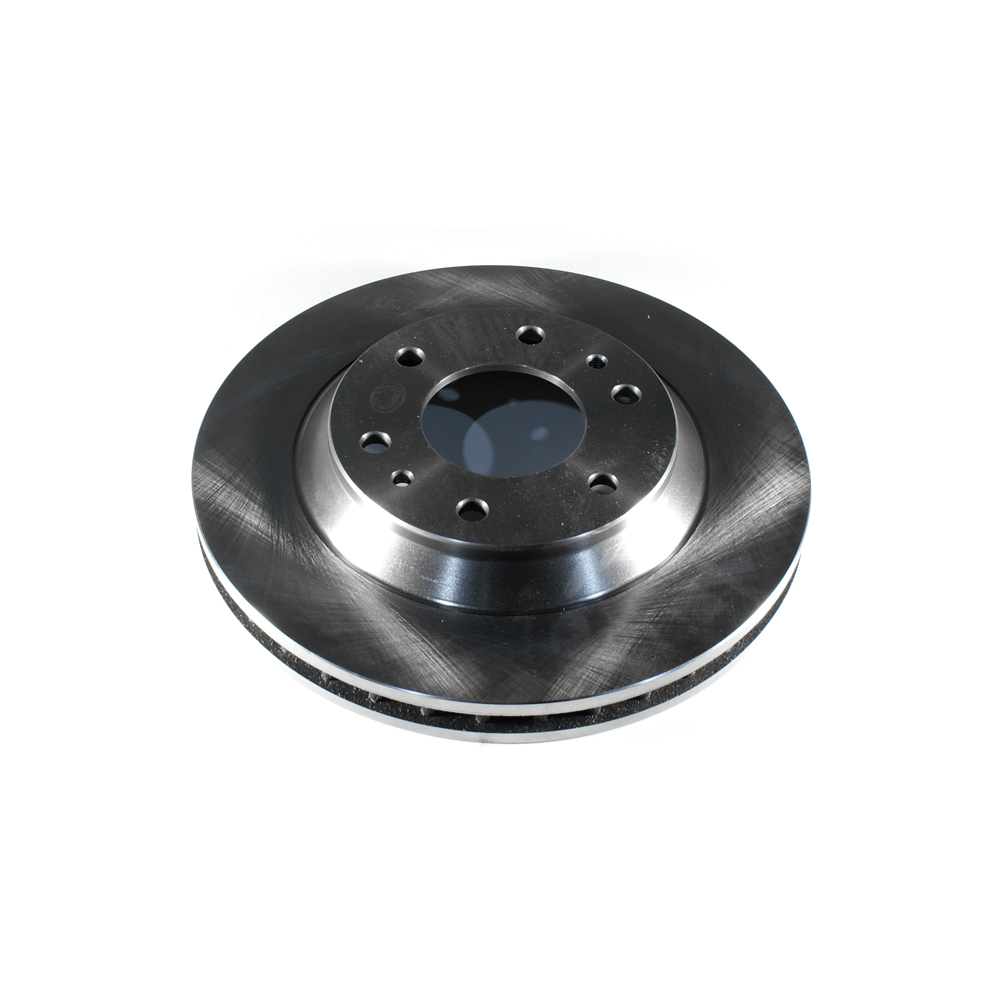
Part No: BR55069
Raybestos: 580019
OE: 18060664
Raybestos: 580019
OE: 18060664
$37.15 each
Per Car QTY: 2

Part No: BR55079
Raybestos: 580023
OE: 18060665
Raybestos: 580023
OE: 18060665
$52.56 each
Per Car QTY: 2
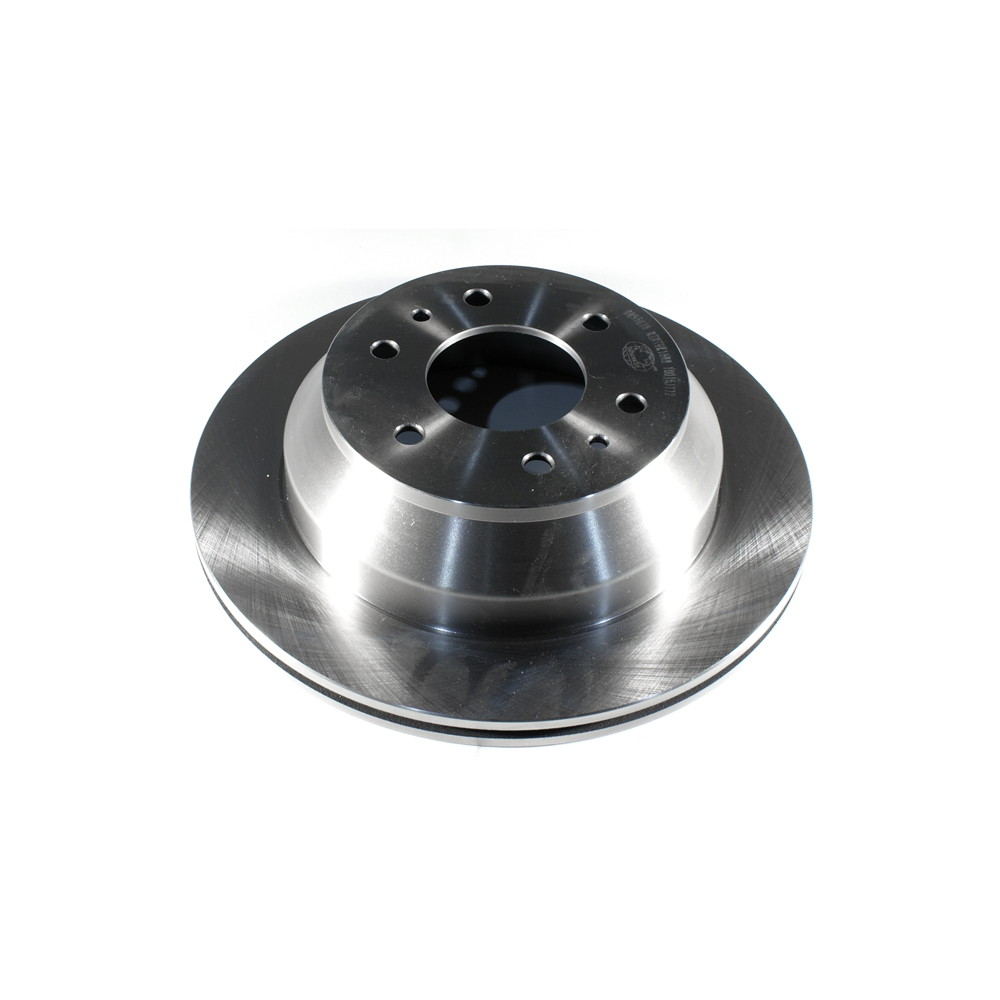
Part No: BR55073
Raybestos: 580029
OE: 15158975
Raybestos: 580029
OE: 15158975
$39.64 each
Per Car QTY: 2
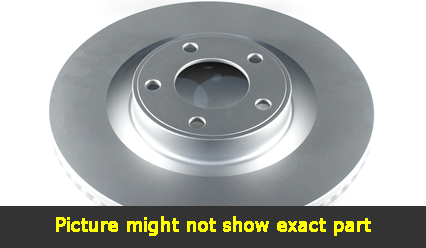
Part No: PP55069
Raybestos: 580019
OE: 18060664
Raybestos: 580019
OE: 18060664
$52.74 each
Per Car QTY: 2

Part No: PP55079
Raybestos: 580023
OE: 18060665
Raybestos: 580023
OE: 18060665
$70.63 each
Per Car QTY: 2

Part No: PP55073
Raybestos: 580029
OE: 15158975
Raybestos: 580029
OE: 15158975
$53.55 each
Per Car QTY: 2
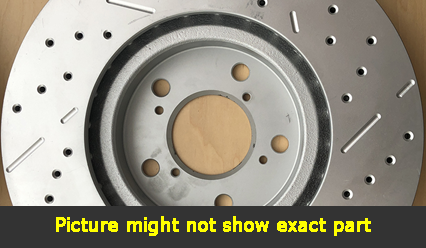
Part No: SP55069L
Raybestos: 580019
OE: 18060664
Raybestos: 580019
OE: 18060664
$85.14 each
Per Car QTY: 1

Part No: SP55069R
Raybestos: 580019
OE: 18060664
Raybestos: 580019
OE: 18060664
$85.14 each
Per Car QTY: 1
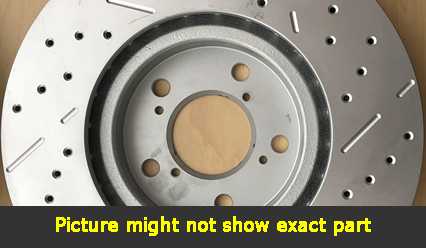
Part No: SP55079L
Raybestos: 580023
OE: 18060665
Raybestos: 580023
OE: 18060665
$107.08 each
Per Car QTY: 1

Part No: SP55079R
Raybestos: 580023
OE: 18060665
Raybestos: 580023
OE: 18060665
$107.08 each
Per Car QTY: 1
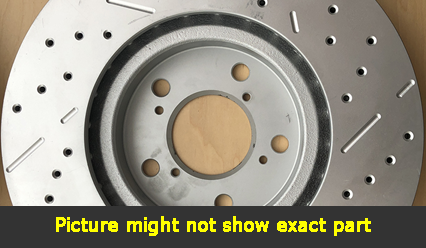
Part No: SP55073L
Raybestos: 580029
OE: 15158975
Raybestos: 580029
OE: 15158975
$85.95 each
Per Car QTY: 1
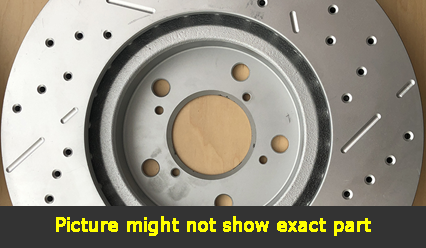
Part No: SP55073R
Raybestos: 580029
OE: 15158975
Raybestos: 580029
OE: 15158975
$85.95 each
Per Car QTY: 1
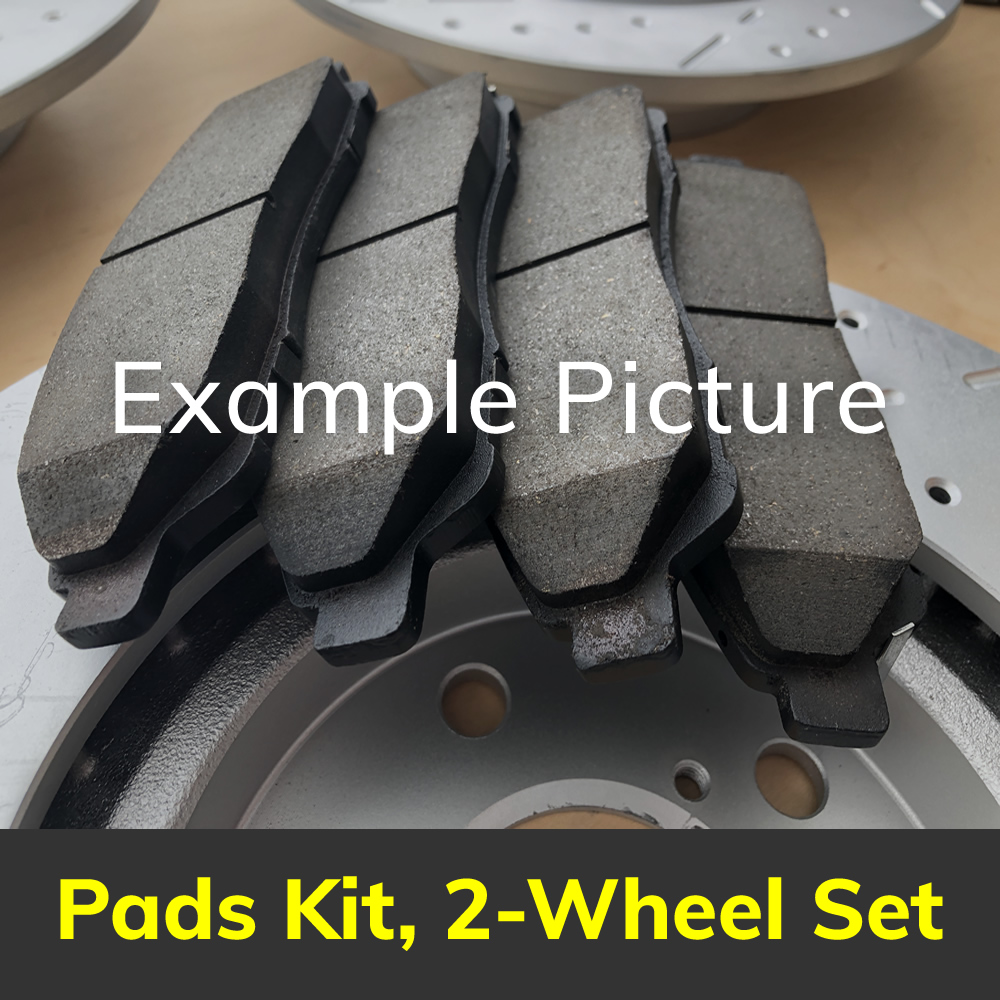
Part No: PD882C
Raybestos:
OE:
Raybestos:
OE:
$34.02 each
Per Car QTY: 1
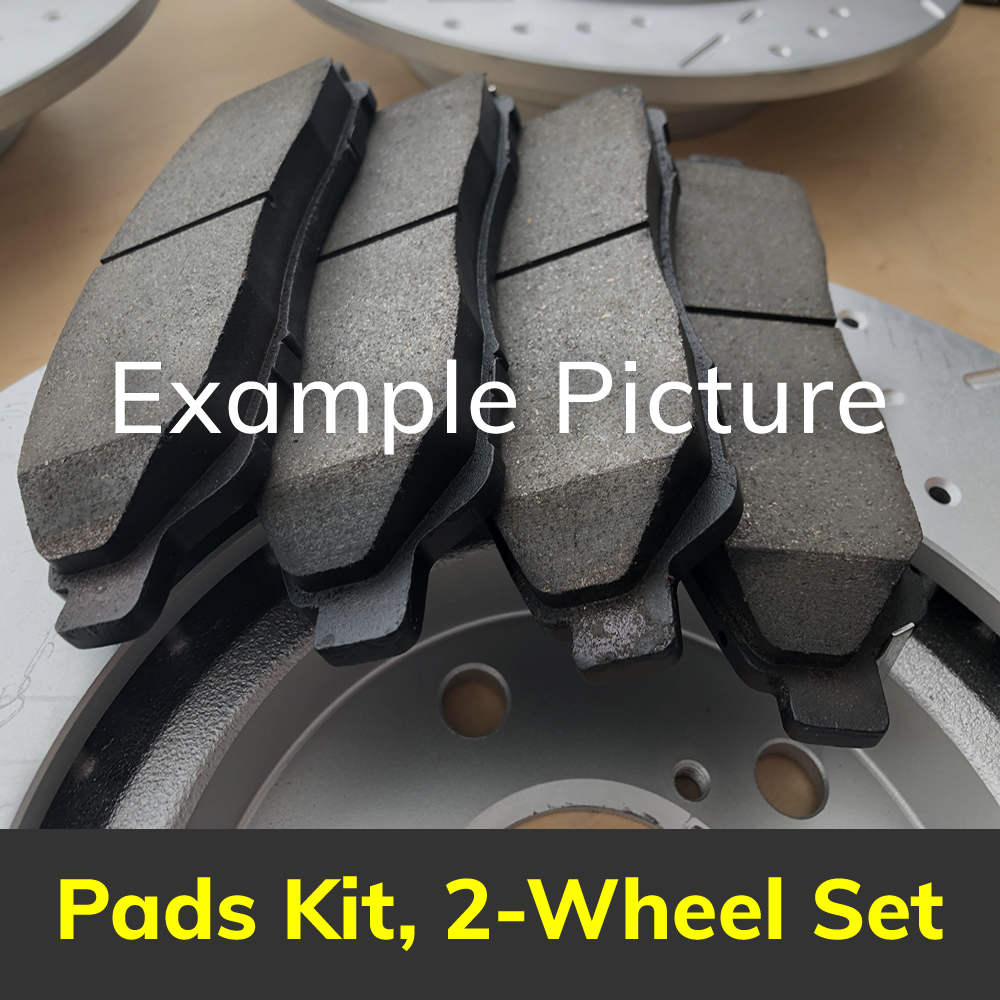
Part No: PD883C
Raybestos: 883
OE:
Raybestos: 883
OE:
$38.72 each
Per Car QTY: 1
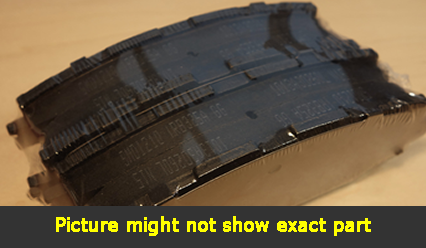
Part No: SMD882
Raybestos:
OE:
Raybestos:
OE:
$25.16 each
Per Car QTY: 1
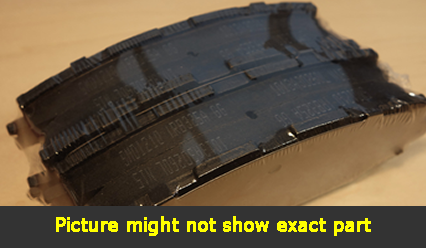
Part No: SMD883
Raybestos:
OE:
Raybestos:
OE:
$22.09 each
Per Car QTY: 1
When it comes to choosing brakes for your 2004 Chevrolet Trailblazer, it is essential to consider certain rules and guidelines. Brakes are a critical safety feature of any vehicle, and ensuring they are in optimal condition is of utmost importance. Here are some essential rules to keep in mind while picking the right brakes for your Trailblazer.
1. Compatibility: One crucial aspect to consider is the compatibility of the brakes with your Chevrolet Trailblazer. Different models and years may have varying brake systems. Therefore, it is essential to choose brakes specifically designed for your 2004 Trailblazer. You can do this by consulting your vehicle's manual or seeking guidance from a trusted mechanic.
2. Brake Type: The two primary types of brakes available are drum brakes and disc brakes. Drum brakes are typically found in the rear wheels, while disc brakes are more common in the front. Chevrolet Trailblazers generally have a four-wheel disc brake system. However, it is essential to verify the brake type of your specific Trailblazer variant before making a purchase.
3. Quality: High-quality brakes are essential for safety and optimal performance. Opt for reputable brands and trusted suppliers to ensure you get brakes of superior quality. Cheap or substandard brakes may compromise your Trailblazer's stopping power, leading to potential accidents and increased wear and tear.
4. OEM or Aftermarket: You have two primary options when choosing brakes—Original Equipment Manufacturer (OEM) brakes or aftermarket brakes. OEM brakes are manufactured by the same company that produced the original brakes on your vehicle. These brakes generally offer more reliability and assurance of compatibility. On the other hand, aftermarket brakes are produced by third-party manufacturers. While they can provide cost savings, it is crucial to ensure their quality, compatibility, and reliability.
5. Driving Conditions: Your driving conditions play a significant role in determining the brakes you should choose. If you frequently drive in stop-and-go traffic or hilly areas, you may require brakes with increased heat dissipation and better performance. Similarly, if you regularly tow heavy loads with your Trailblazer, brakes with enhanced durability and braking power might be necessary. Be sure to consider your specific driving conditions to determine the most suitable brakes for your vehicle.
6. Maintenance and Warranty: Proper maintenance is key to prolonging the lifespan of your brakes. Some brakes require more frequent maintenance, such as cleaning, lubrication, or pad replacements. Others may come with longer-lasting materials or self-adjusting mechanisms, reducing the need for frequent maintenance. Additionally, inspect the warranty details of the brakes you choose to ensure coverage in case of premature wear or defects.
7. Seek Expert Advice: If you are unsure about the right brakes for your Trailblazer, it is always wise to consult with a knowledgeable mechanic or auto parts specialist. They can guide you based on your vehicle specifications, driving habits, and budget.
Remember, while Choosing brakes for your 2004 Chevrolet Trailblazer, safety should always be your top priority. By considering compatibility, quality, brake type, driving conditions, maintenance needs, and seeking professional advice, you can ensure that you select the brakes that are the best fit for your vehicle.
1. Compatibility: One crucial aspect to consider is the compatibility of the brakes with your Chevrolet Trailblazer. Different models and years may have varying brake systems. Therefore, it is essential to choose brakes specifically designed for your 2004 Trailblazer. You can do this by consulting your vehicle's manual or seeking guidance from a trusted mechanic.
2. Brake Type: The two primary types of brakes available are drum brakes and disc brakes. Drum brakes are typically found in the rear wheels, while disc brakes are more common in the front. Chevrolet Trailblazers generally have a four-wheel disc brake system. However, it is essential to verify the brake type of your specific Trailblazer variant before making a purchase.
3. Quality: High-quality brakes are essential for safety and optimal performance. Opt for reputable brands and trusted suppliers to ensure you get brakes of superior quality. Cheap or substandard brakes may compromise your Trailblazer's stopping power, leading to potential accidents and increased wear and tear.
4. OEM or Aftermarket: You have two primary options when choosing brakes—Original Equipment Manufacturer (OEM) brakes or aftermarket brakes. OEM brakes are manufactured by the same company that produced the original brakes on your vehicle. These brakes generally offer more reliability and assurance of compatibility. On the other hand, aftermarket brakes are produced by third-party manufacturers. While they can provide cost savings, it is crucial to ensure their quality, compatibility, and reliability.
5. Driving Conditions: Your driving conditions play a significant role in determining the brakes you should choose. If you frequently drive in stop-and-go traffic or hilly areas, you may require brakes with increased heat dissipation and better performance. Similarly, if you regularly tow heavy loads with your Trailblazer, brakes with enhanced durability and braking power might be necessary. Be sure to consider your specific driving conditions to determine the most suitable brakes for your vehicle.
6. Maintenance and Warranty: Proper maintenance is key to prolonging the lifespan of your brakes. Some brakes require more frequent maintenance, such as cleaning, lubrication, or pad replacements. Others may come with longer-lasting materials or self-adjusting mechanisms, reducing the need for frequent maintenance. Additionally, inspect the warranty details of the brakes you choose to ensure coverage in case of premature wear or defects.
7. Seek Expert Advice: If you are unsure about the right brakes for your Trailblazer, it is always wise to consult with a knowledgeable mechanic or auto parts specialist. They can guide you based on your vehicle specifications, driving habits, and budget.
Remember, while Choosing brakes for your 2004 Chevrolet Trailblazer, safety should always be your top priority. By considering compatibility, quality, brake type, driving conditions, maintenance needs, and seeking professional advice, you can ensure that you select the brakes that are the best fit for your vehicle.


